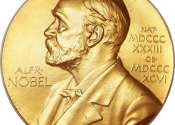Synchronised waves control embryonic patterning
During an embryo's journey from a single cell to a complex organism, countless patterning processes make sure that the right cells develop in exactly the right location and at the right time. Cells activate specific genes ...









